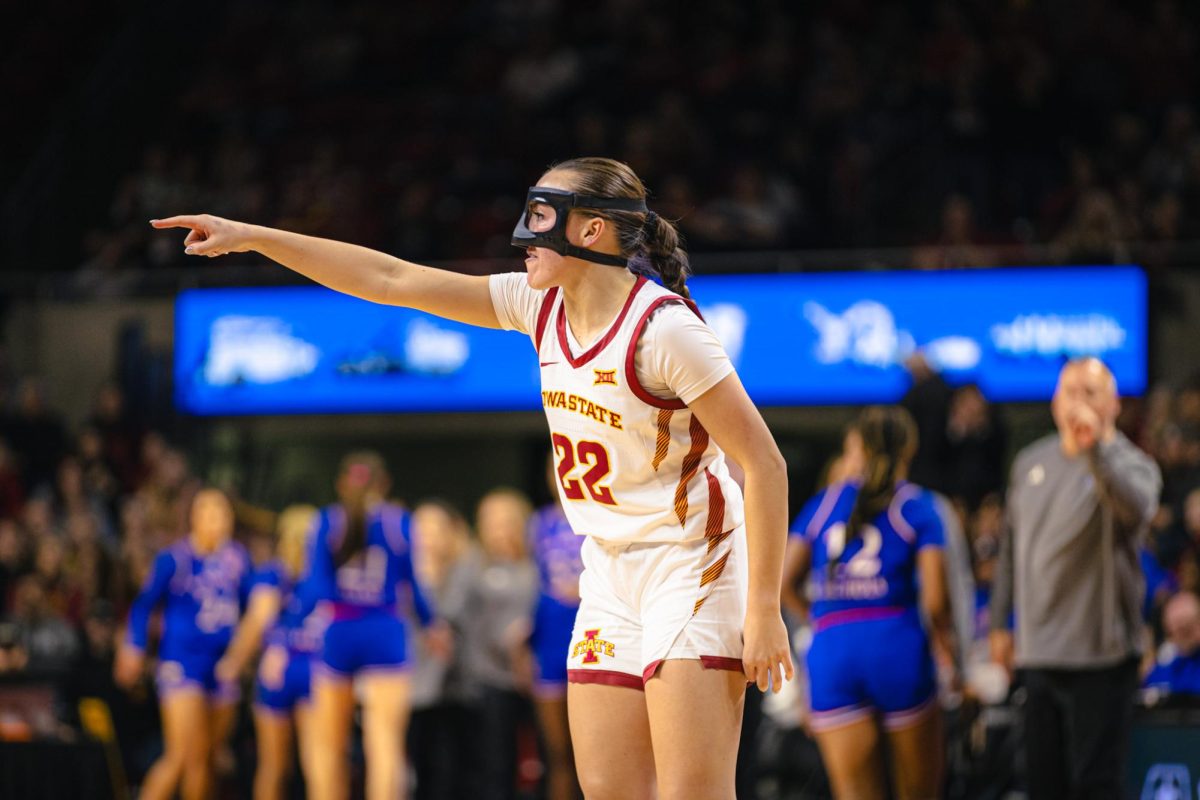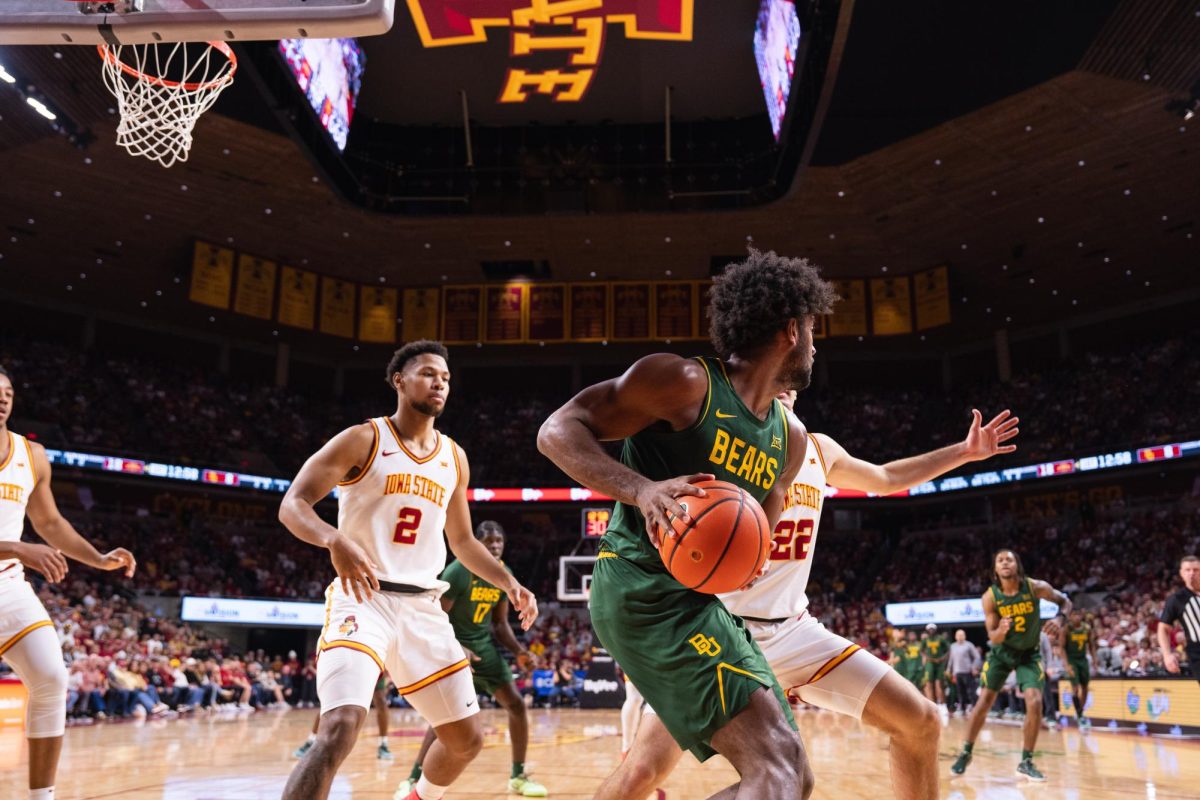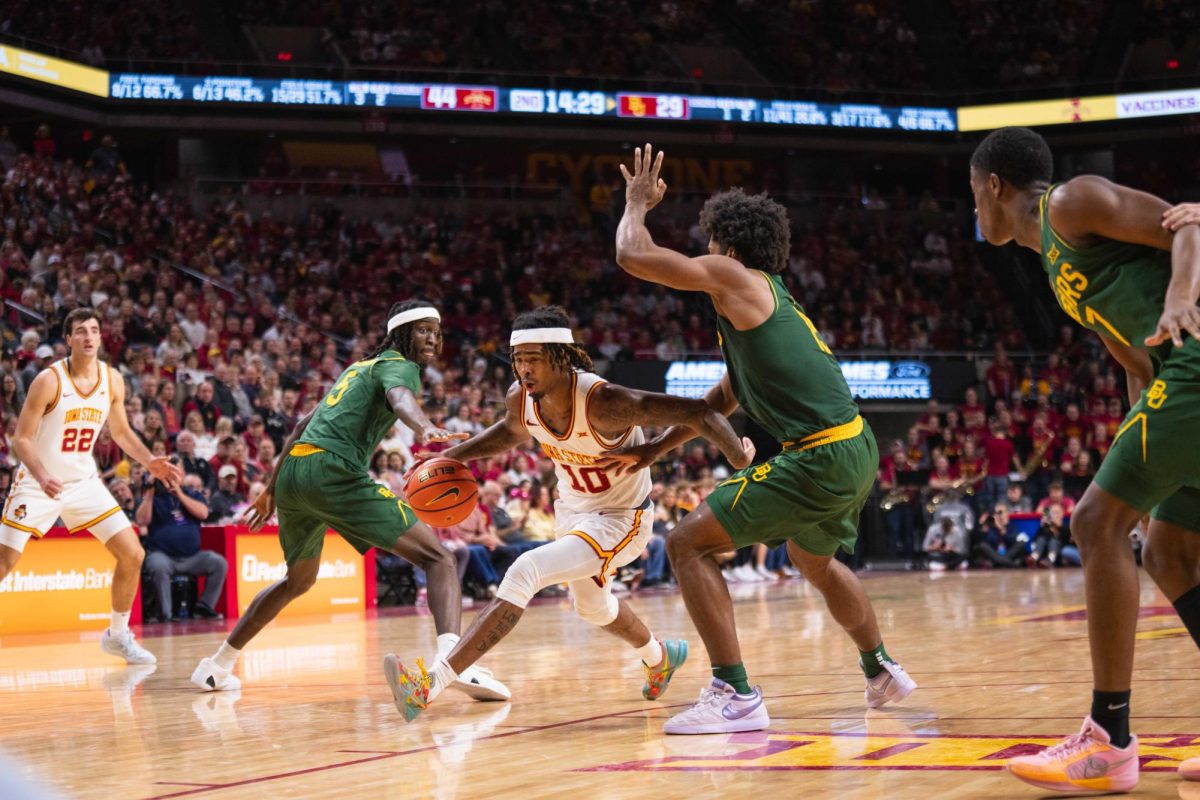Jensen: Say goodbye to using clickers for grading
September 19, 2011
Starting next year the university has recommended all professors to discontinue the practice of grading with the use of clickers.
Oh, how I do wish that these actions by the university were true because currently, clickers don’t teach us students anything other than the results of technology not working. Some might like the use of clickers because they like the participation or ability to get easy points, but should those be the right reasons for college learning?
In the past, and still somewhat today, professors take note of those who participate in class. Now, and more prevalent today, professors might notice who asks more questions, but your participation is ultimately measured through the use of clickers.
Participation should never be used to just reward those who answer a usually easy quiz question through the use of a very simple, but overpriced, device that we have to buy. Participation should instead reward those who participate in the discussion and advancement of learning in all of our classes. If you don’t feel like raising your hand or participating, then you should not be rewarded for your negligence.
I see clickers as just testing to see if we are all on the same page and paying attention, and this is really unnecessary when we already take quizzes and tests outside the days of learning new material. When professors, with these clickers in mind, write their syllabus for a specific class, the use of clickers receives too much focus. Rather than focusing on the quality of the curriculum and activities, the focus is put on what percentage of your grade is of clicker points, what those clicker questions are going to be, when will the questions be asked, and answers to what happens if someone’s clicker fails to work.
When looking at a syllabus for a class, I want to see a majority of it just to be the schedule and requirements to complete the class rather than all the details, guidelines and rules to ensure the clickers are used properly and, if they aren’t, what repercussions should I be aware of.
Recently in a class that uses clickers, a discussion began to arise questioning how these clicker points would be measured and affected in our grade. If we didn’t even have to worry about these clickers, in this specific class, we could have been learning more. Again, I know some that don’t mind all of this temporary frustration or waste of time and find the use of clickers to be rewarding, but their reasons are really just poor excuses.
Think about the days before the use of clickers. I’m sure students were engaged in the material, and I will argue that they were even more so engaged. Yes, we have many more distractions these days and very short attention spans, but bettering the way our curriculum is presented and rewarding those who participate to strive for learning can be and often is done without the use of clickers.
Both professors and students are getting lazy, and this is when technology needs to stay away from the classroom environment. Many professors think that, because we use so much technology today, clickers would please us. The scary truth is that they do please some of us, but they are for the wrong reasons.
It’s time to get back to the way that learning in college should be.
Hopefully more students will realize the importance of putting more effort into their education versus their ability to just locate the answer in their notes or PowerPoint slides and then press a number on a keypad. And if there must be clickers in a classroom for interaction purposes, then I hope professors use them for either bonus points or non-graded participation.
No clickers for grading equals more attention to the quality of our learning and realization of how hard students want to try to succeed at a college level. Clickers can still be used, but only to enhance the material being learned instead of just rewarding particpation and allowing students to gain easy points.






